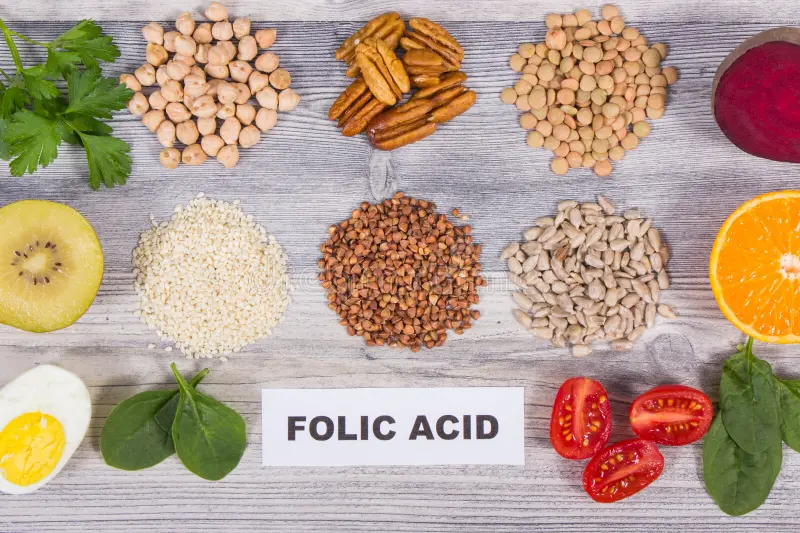The Importance of Vitamin K, Symptoms of Deficiency and Sources
Vitamin K is a group of structurally similar, fat-soluble vitamins found in foods and sold as dietary supplements. The human body needs vitamin K for post-synthesis modification of certain proteins that aid in blood coagulation.
Health Benefits of Vitamin K to the Body
Vitamin K is an essential nutrient with several important health benefits:
-
- Blood Clotting: Vitamin K is crucial for the synthesis of proteins needed for blood clotting, helping to prevent excessive bleeding from injuries.
- Bone Health: It supports bone health by aiding in the regulation of calcium and promoting bone mineralization, reducing the risk of fractures.
- Heart Health: Vitamin K helps prevent the calcification of arteries, which can reduce the risk of cardiovascular diseases.
- Cognitive Function: Some studies suggest that vitamin K may support cognitive health and protect against conditions like Alzheimer’s disease.
- Regulating Blood Sugar: Emerging research indicates that vitamin K might help regulate blood sugar levels.
- Anti-inflammatory Properties: Vitamin K has anti-inflammatory properties that can help reduce inflammation in the body.
- Skin Health: It may aid in the healing of wounds and reduce the appearance of scars and stretch marks.
- Supporting Vision: Vitamin K is involved in the health of the eyes and may help prevent age-related macular degeneration.
- Immune Function: It plays a role in supporting the immune system, and helping the body fight off infections.
- Cancer Prevention: Some studies suggest that vitamin K may have a role in reducing the risk of certain cancers, though more research is needed.
These benefits highlight the importance of maintaining adequate vitamin K levels through a balanced diet rich in leafy greens, fermented foods, and certain animal products.
Types of Vitamin K
Vitamin K comes in several forms, but the two main types are Vitamin K1 and Vitamin K2:
- Vitamin K1 (Phylloquinone):
- Vitamin K2 (Menaquinone):
- Source: Found in fermented foods and animal products, such as natto (fermented soybeans), cheese, and egg yolks. It is also produced by gut bacteria.
- Function: Besides aiding in blood clotting, Vitamin K2 is important for bone health and cardiovascular health. It helps regulate calcium deposition, preventing it from accumulating in the arteries and directing it to the bones.
There is also a synthetic form known as Vitamin K3 (Menadione), but it is not commonly used due to potential toxicity
Symptoms of Vitamin K Deficiency
Vitamin K deficiency can lead to several symptoms, primarily related to impaired blood clotting and bone health. Here are some common symptoms:
- Excessive Bleeding: This is the most prominent symptom. It can occur in various forms, such as:
- Easy bruising
- Frequent nosebleeds
- Bleeding gums
- Heavy menstrual periods
- Blood in urine or stool
- Gastrointestinal bleeding
- Small Blood Clots Under Nails: Tiny blood clots may form under the nails.
- Dark Stools: Stools may appear dark black (almost like tar) and contain blood.
- Bone Health Issues: Over time, a deficiency in vitamin K can lead to decreased bone density and an increased risk of fractures.
- Newborns: In infants, vitamin K deficiency can cause bleeding from the umbilical cord area, skin, nose, gastrointestinal tract, or even sudden bleeding in the brain, which is life-threatening.
Vitamin K deficiency is relatively rare in adults but can occur in individuals with certain health conditions or those taking specific medications that interfere with vitamin K absorption.
If you suspect a vitamin K deficiency, it’s important to consult a healthcare provider for proper diagnosis and treatment.









Review Vitamin K (Phylloquinone, Menaquinone and Menadione).
You must be logged in to post a review.